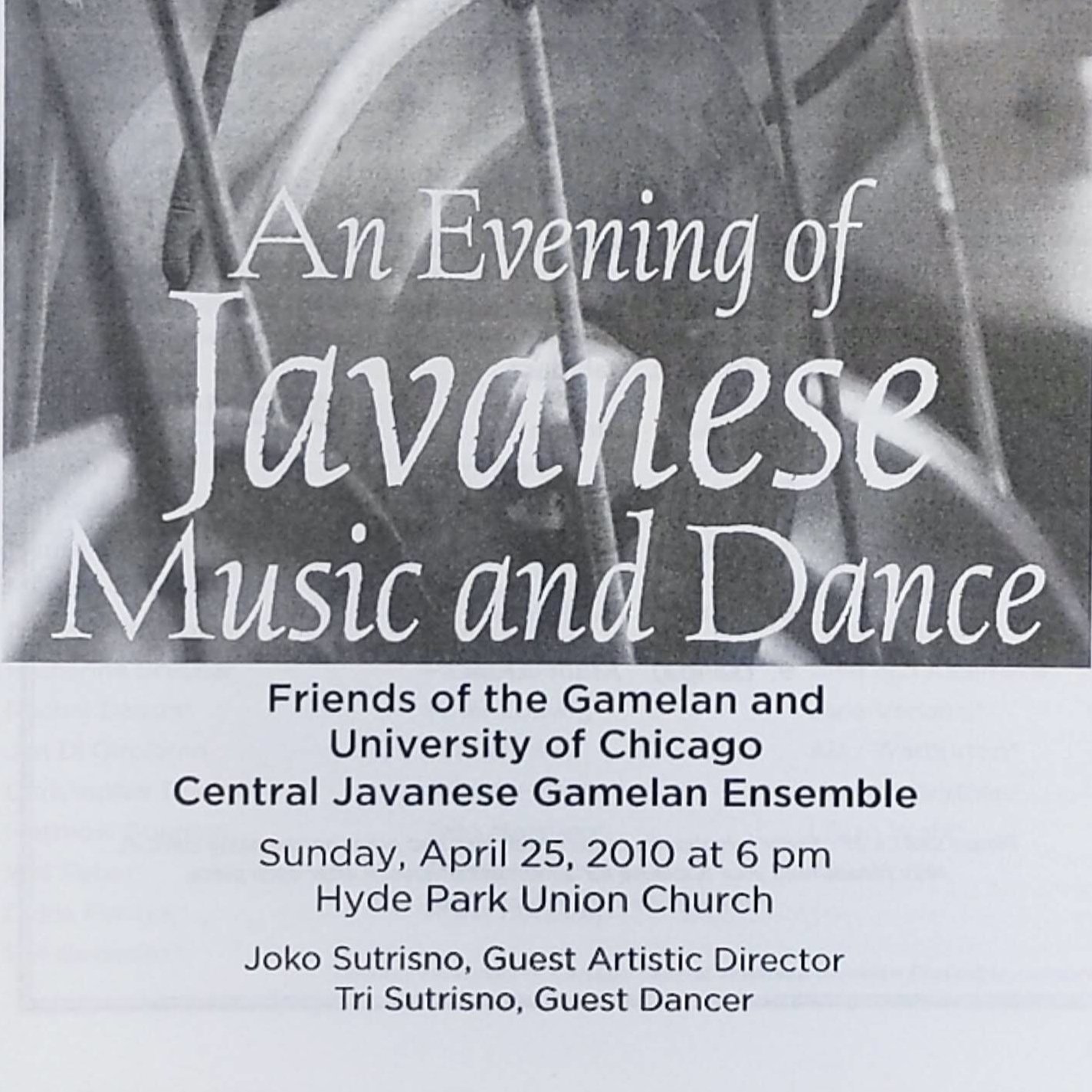Oral History Interviews as Primary Sources
While conducting the research for God Rock, Inc., I was fortunate to interview many current and former Christian music industry executives and musicians. I also used the archives at MTSU’s Center for Popular Music, and I was thrilled to find several relevant interview transcripts available through Baylor’s Institute for Oral History. In this post I discuss these components of my research methodology and approach to oral history interviews.

An Origin Story
When I was growing up, my family attended a Southern Baptist church in New Jersey. I was first introduced to Christian rock in the 1990s but didn’t start researching it until 2009. In this piece — a longer version of the origin story to God Rock, Inc. found in the book’s introduction — I describe discovering and abandoning Christian music during my adolescence, ultimately rediscovering it (with more than a little help from my youngest sister).
Music of Southeast Asia
In this course, we will examine the ways in which communities, their representation(s), and musical life are interrelated throughout Southeast Asia. How might musical activities affect communal bonds organized around shared experiences and histories of colonialism, nationalism, religion, and tradition in Southeast Asia? What roles do musical commodities, economies, identities, and subcultures play in contemporary Southeast Asian cultures? To what degree is Anderson’s idea of the imagined community useful to scholars of musical life in social worlds that are both increasingly globalized and increasingly fragmented?

Introduction to World Music
In this course, we will examine the social and cultural role of music(s) and musical experiences around the world, with special attention to the role of music in discourses regarding multiculturalism in the United States. How does music structure individual and collective identity? How do aesthetics, ideals, politics, and values shape musical experiences? How might we begin to understand culturally- and contextually-specific attitudes towards localism and globalization, appropriation and syncretism, individual and collective interests, exclusion and inclusion, art and commerce, resistance and conformity through music?




What Would the Community Think: Communal Values in Independent Music
voiceXchange (2006). An enthusiastic post on a website, a supportive audience in a smoky club, an animated conversation at a local music store—every interaction between fans of independent music binds them in a community. This paper presents my initial research into the ways in which the independent music community’s boundaries and values are expressed and shared in evolving social networks by means of interactions that authenticate participants into this community.
Search and navigate extras
- music industries
- festivals
- gamelan
- Boston
- God Rock Inc
- CCM
- Northeastern University
- Christian rock
- panels
- Tufts University
- worship
- congregational music
- Northeastern Global News
- SCM
- record labels
- Nashville
- methods
- ethics
- Chicago
- University of Chicago
- punk
- SEM
- radio
- Taylor Swift
- subculture
- capital
- Furnace Fest
- AMS
- TikTok
- IASPM-US
- hardcore
- sing-alongs
- Amy Grant
- crossover
- introductions
- emo
- vinyl
- TIME
- scene
- AAR
- Beer & Hymns
- MEIEA
- Christianity Today
- DePaul University
- Universal Music Group
- awards
- Future of Pop
- community
- Keith Green
- Ticketmaster